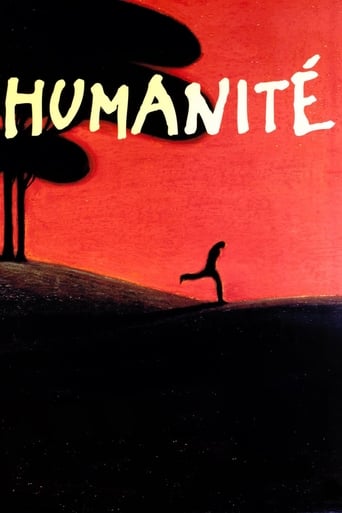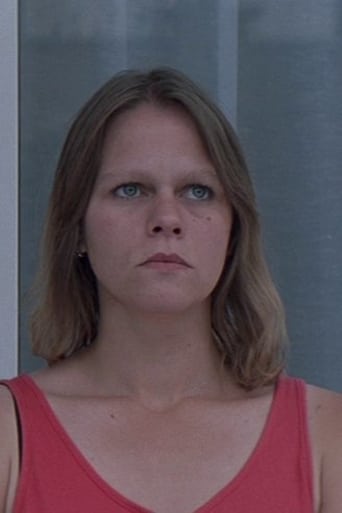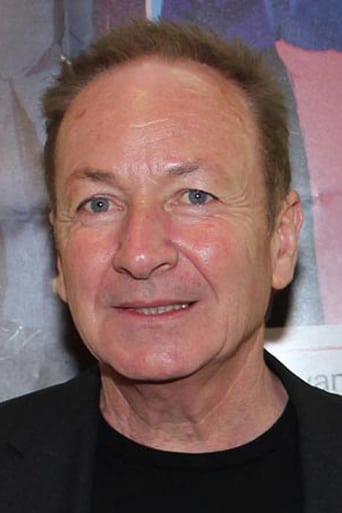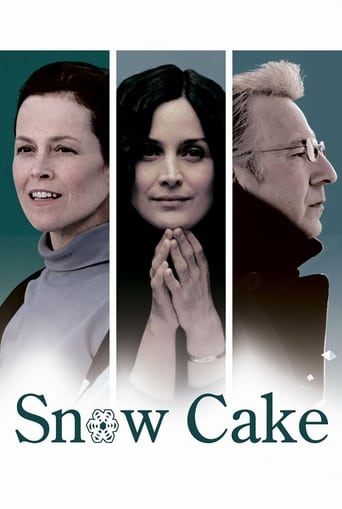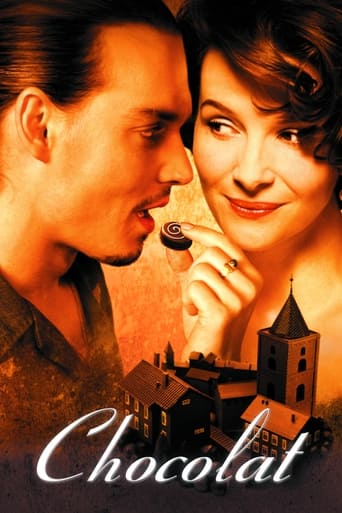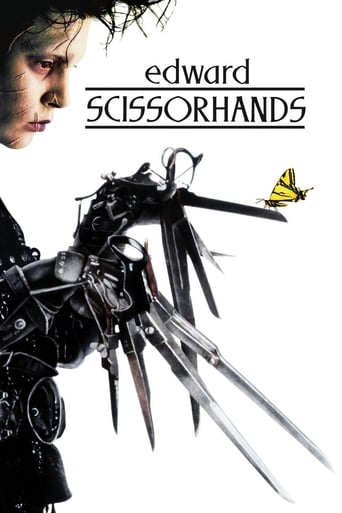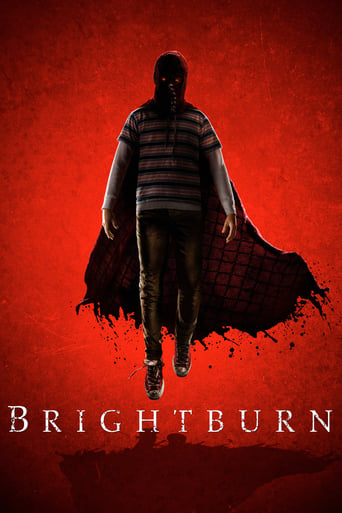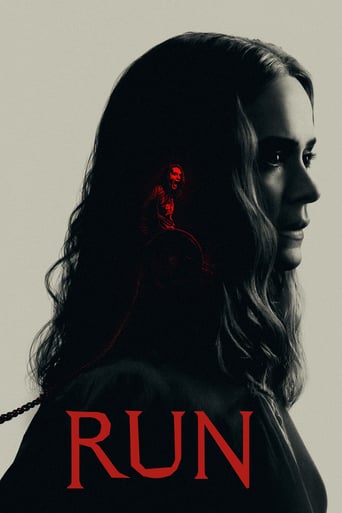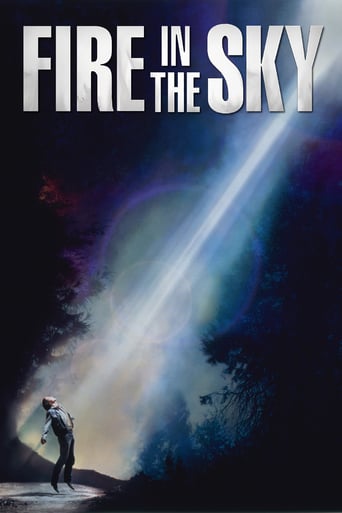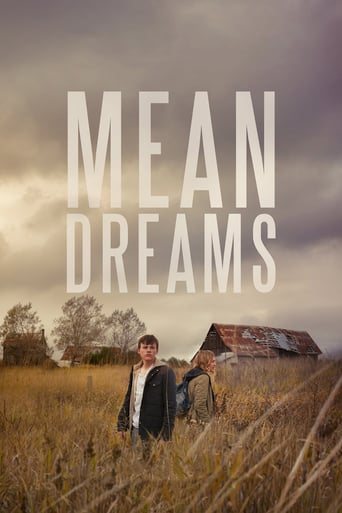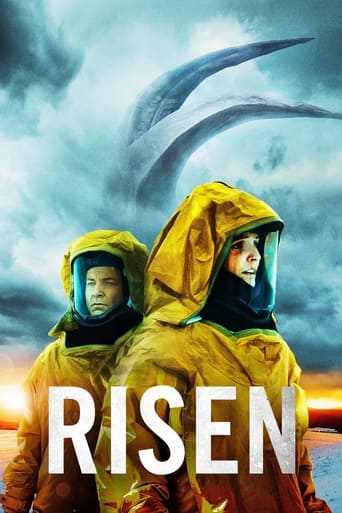Humanité (2000)
In a quiet little French town, two detectives are tasked with investigating the brutal rape and murder of a preteen girl.
Watch Trailer
Free Trial Channels
Cast


Similar titles
Reviews
Sadly Over-hyped
Masterful Movie
This is a tender, generous movie that likes its characters and presents them as real people, full of flaws and strengths.
After playing with our expectations, this turns out to be a very different sort of film.
He races across the landscape, determined to climb a hill. He wants height, ascension, but is doomed to failure. Cut to close ups of feet, the man's once frenetic pace thwarted by a now muddy earth. He collapses, his palms and knees sinking into the mire. We watch for long moments as the man lays there, motionless in the mud. Gravity seems to be taking its toll, the earth's pull tugging at his bones, the mud consuming him, sucking him into the filth, swallowing him whole until...He pulls himself up. His name is Detective Pharaon de Winter, and he has a job to do.In this opening sequence, director Bruno Dumont sets up a dichotomy which runs throughout "Le Humanite": that of a character seeking to latch onto some modicum of humanity, of divinity, of spiritual uplift, whilst being continuously pulled back down by the material weight of the world. As we will see, this tug-of-war between the corporeal and the celestian is never resolved. Pharaon then walks up to his car, pulls himself in, starts the engine and...stops. He is not your ordinary police detective. Played by Emmanuel Schotté, a non professional actor with a brilliantly expressive face, Pharaon is a man profoundly wounded. Having lost his family years ago – an event which triggered an ontological shock – Pharaon navigates this film with the wide eyes of a sad child. He sees an "abomination" in everything. As such, Pharaon wants to run away. A little girl returning home from school has been raped, her dead body found. It is Pharaon's duty as a detective to appear at the crime scene. But how can he? Instead he starts his car radio and listens to some orchestral music, its divine sounds lulling him, like the hill, into a moment of security. His car radio then warbles. "I'm on my way," he unconvincingly tells the dispatcher. Already we know this is not your regular cop movie. Every gesture, every action, is a chore.The girl's corpse is horrific. Dumont's camera lingers on her bloody vagina, torn open, shredded and graphically shown. These images haunt the entire film, the film's cast weighed down, traumatised and sickened by what we ourselves have now seen. The girl's body is itself arranged to resemble "Étant donnés", a famous painting by Marcel Duchamp. Pharaon de Winter is also the name of a famous 19th century painter who resolved to show his audience the fourth dimension. What our hero sees is only suffering.In most cop movies, the corpse is "revived" by the hustle and the bustle of detectives, photographers and onlookers. But Dumont does the opposite. Not only does his tranquil crime scene suggest a total absence of life, but the police procedural that follows – despite the girl's murder ultimately (seemingly) being solved – suggests the impossibility for closure. This is the reality Pharaon already understands: solving the murder will not solve the problem of the girl's murder. Inhumanity is in humanity and humanity can not be solved.What then is the role of the police officer? To what ends does he exist? Pharaon not only seems incapable of believing in himself as a cop, but revokes his role as a man of action and/or pursuit in favour for passive observation. He is disposed against his job and what little he does is tinged with a sense of supreme hopelessness.For forty minutes the film radically ignores its murder plot. Instead, we watch as Pharaon goes about various daily routines. He talks with his neighbour Domino (her name suggesting dual identities), is shown to play the piano to drown out the "noise" of TV violence, and is shown to have contempt for Joseph, the lover of Domino, who Pharaon views as being a vulgar, child-hating, xenophobic, violent, brute. While Joseph embodies man's capacity for barbarity, a barbarity Pharon does not believe can be put right, his "nature" may itself only exist in Pharon's mind; a product of the cop's jealousies. Conversely, Joseph may be like most violence: in plain sight, obvious, but denied thanks to shared, mass denial. Regardless, Joseph's "normal" romantic relationship with Domino is shown to be base and animalistic, the film blurring the lines between love, sex, kindness and dark opportunism. Domino is herself a dehumanised factory worker (she makes paint – symbolically covering things up), futilely dreaming of striking against the unfair employers who habitually psychically rape her. When she offers her body to Pharaon, he rejects her outright. He will not be another abuser.Eventually Pharaon starts investigating the murder, but it's a slow affair. He spends most of his time gazing longingly at the heavens, dreaming of levitating or lovingly kissing/hugging criminals. He also tends to a vegetable allotment. With everyone in the film living in cramped, impersonal houses, this allotment is one of the few positive outlets in the film; a means of nurturing, creation and indeed action itself.When the criminal is eventually found, Pharaon kisses the man on his lips. A motherly gesture, Pharon wants to make things right, sooth the criminal, tease out some goodness, perhaps even take away the criminal's sins. But we're not even sure if the criminal is in fact the criminal. He exists in a more metaphysical space: he is everyone's neighbour.Last shot: Pharaon sitting in the criminal's chair, handcuffed. He wants to be in the man's shoes, wants to find some glimmer of humanity, some semblance of goodness. He then looks out a window and up into the heavens and smiles. He's recalling an earlier moment. The film's single moment of hope.9/10 - Like Robert Bresson, Dumont uses non-professional actors, and captures a kind of matter-of-fact transcendentality within our ordinary material world. For both directors, "spirit" infuses everything, the corporeal and the "spiritual" continually clash, and plot is told through elliptical, elusive moments.
Although this movie has a slow, dream-like, almost mesmerizing pace, and an interesting, though possibly not entirely accurate, description of a rural French constabulary's criminal investigation practices and personnel, I find it, ultimately, impossible to recommend. I think this movie is simply a setup piece to advance one person's -- the director's, one presumes -- disgust with heterosexuality. Certainly, human sexuality in all its forms can have their revolting moments, no denying that! But to choose the bad uniformly at the expense of the good, as this film does at every turn, suggests a warped sensibility at work. In short, if you enjoy watching homo-eroticism masquerading as compassion, and the depiction of heterosexual lovemaking and the female form in a hideous and degrading light - then this movie is for you. I don't , and it wasn't.
In France, in the small-town of Bailleul , the weird, melancholy, lonely and widow police superintendent Pharaon De Winter (Emmanuel Schotté) is investigating the brutal murder of an eleven years old girl, who was raped while returning from school. Pharaon lives with his mother, and spends most of his leisure time with his neighbor Domino (Séverine Caneele) and her fiancé Joseph (Phileppe Tullier). Pharaon feels a kind of platonic love with Domino. The police department staff is being pressed by Lille and Paris to solve the crime and a strike of the workers of a factory. This French low budget movie is developed in a too slow pace and has very human characters. I liked it a lot, but I recognize that audiences only used to watch American movies will not like 'L' Humanité'. In Hollywood, this 142 minutes running time film would be an American 30 minutes short story. But lovers of cinema as art will certainly appreciate this simple but well directed story. The trauma with the character of Pharaon, being consumed by his grieving for the death of wife and daughter, by his repressed love for Domino, by the scene of the brutal death of the child and by the pressure of the command of the police, is amazingly performed by Emmanuel Schotté. I did not understand the kiss of Pharaon in the lips of Joseph in the end of the story. My vote is eight.Title (Brazil): 'A Humanidade' ('The Humanity')
"Humanite" appears to be a film about a child murder/rape and the search for the killer. In fact, the film is a character study en masse which tediously examines a handful of players with Schotte at the center as a rural cop. A critic's darling because it is oh so different, "Humanite" could be said to be avant guarde neo-hyper-realism. Or, it could be said to be a load of crap. The film does not equal the sum of its parts and is frustratingly incongruous for no apparent reason. I personally found it strangely fascinating. However, I suspect the film going public at large will reject "Humanite" as tedious and too over-the-top. Good stuff for cinema sophisticates into French film but certainly not for everyone. (B)


